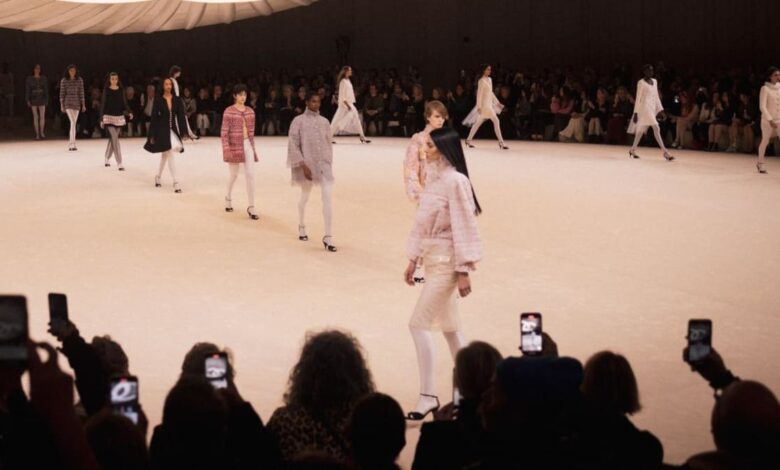Chanel to increase investment in retail sites as brands vie for key locations

Chanel plans to increase investment in its retail network and real estate by at least 50 per cent this year, as the French design house competes with other luxury groups in a hot market for prime locations.
The company, which is owned by the billionaire Wertheimer family and headquartered in London, also plans to continue to make acquisitions to further integrate its supply chain after a dozen such deals last year, according to its top executives.
“We are seizing opportunities in real estate which the current environment is offering. So we will be on the offensive,” Chanel’s global chief financial officer Philippe Blondiaux told the Financial Times.
“We are also expanding our capacity [and] we are accelerating the vertical integration of our supply chain because we believe this is key to controlling our manufacturing and materials.”
Chanel will be competing in a crowded real estate market as top luxury groups spend billions to secure the most exclusive retail locations for their brands.
Gucci owner Kering last month bought a retail block on Milan’s top shopping street for €1.3 billion (US$1.41 billion) from Blackstone — Europe’s biggest property deal for two years — as demand from luxury groups helps high-end retail real estate defy a wider downturn.
LVMH, the world’s biggest luxury group by sales, spent roughly €2.5 billion on real estate investments last year, including for prize assets on Paris’ Champs Elysées.
Chanel has also recently splashed out on buildings on New York’s Fifth Avenue and Avenue Montaigne in Paris.
The company, made famous by the pioneering designs of its founder Coco Chanel, has been growing rapidly. Sales hit US$19.7 billion last year, up 16 per cent against 2022 on a like-for-like basis, while operating profits rose 10.9 per cent to US$6.4 billion.
The expansion in recent years has come during a luxury boom that has brought record sales and profits for the sector. Chanel has more than doubled both its revenues and headcount in the past decade, according to chief executive Leena Nair.
“My priority . . . is to protect what we cherish and what differentiates us while continuing to have the drive of a scaled business. We have tripled the number of countries we are in [and] our distribution network has doubled in the last five years,” Nair said.
As the industry’s growth slows from the giddy highs of recent years, Chanel is emerging as one of the most resilient brands alongside other top tier players such as Hermès and Brunello Cucinelli, which benefit from their high-end positioning and wealthy client base.

